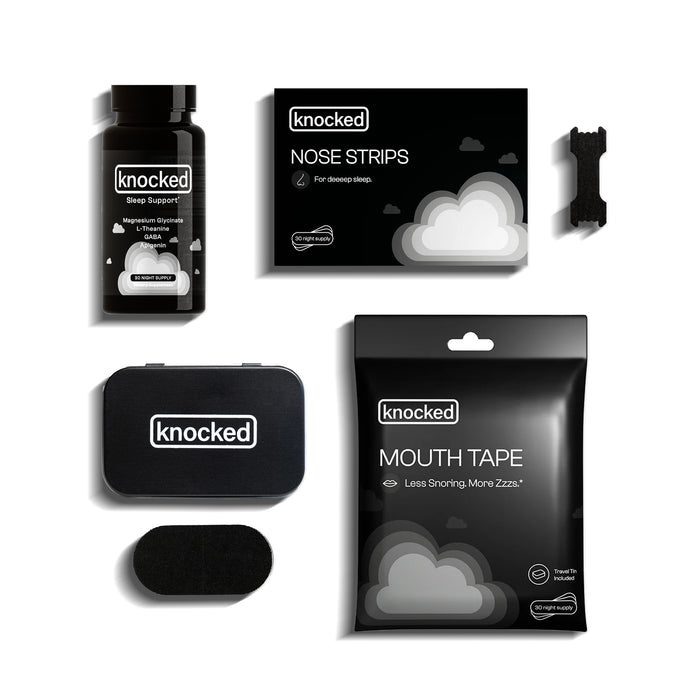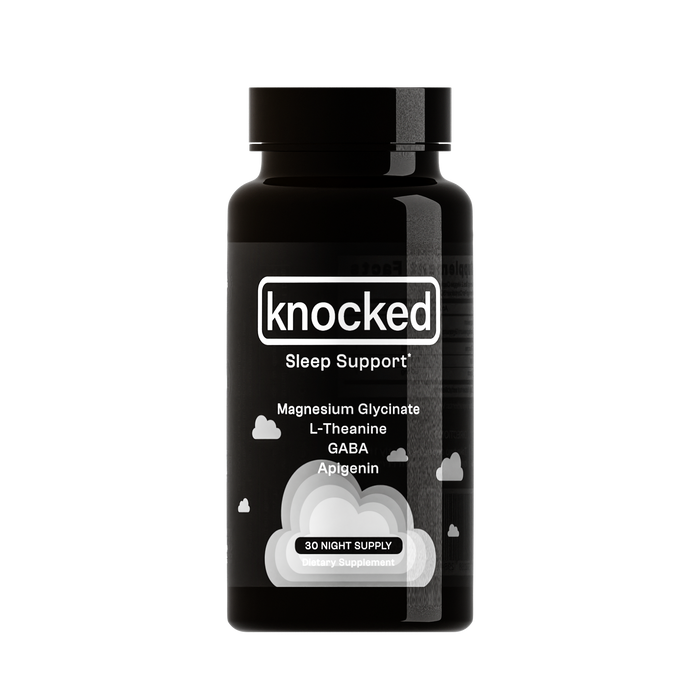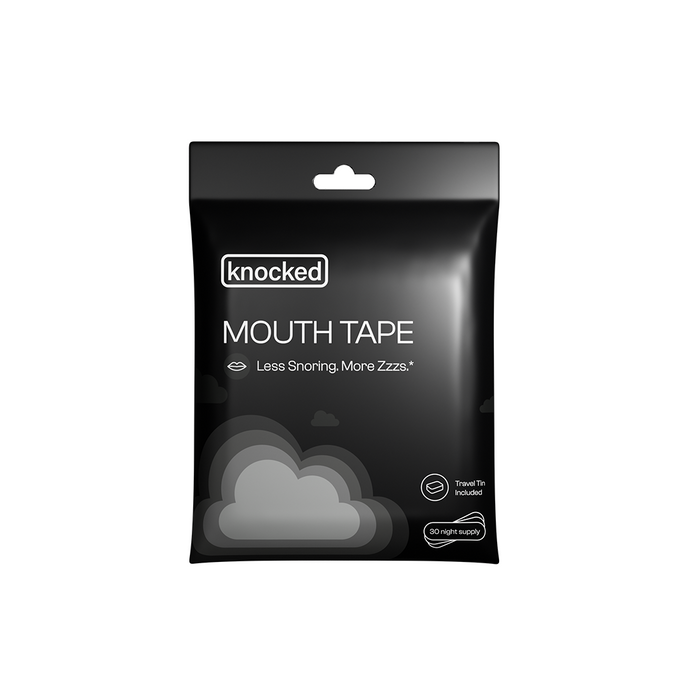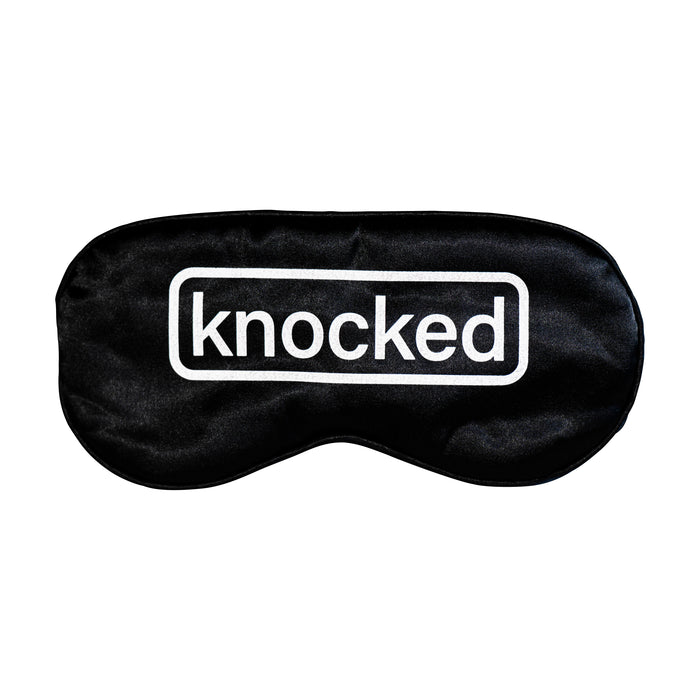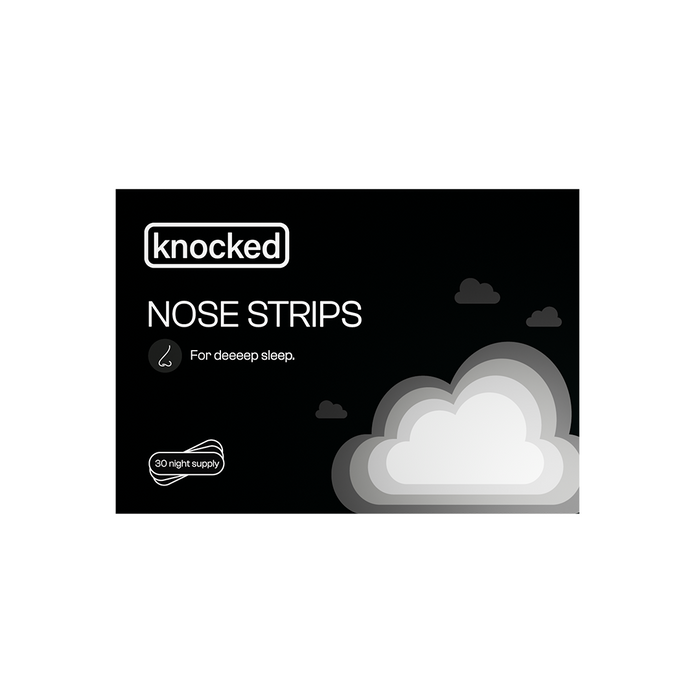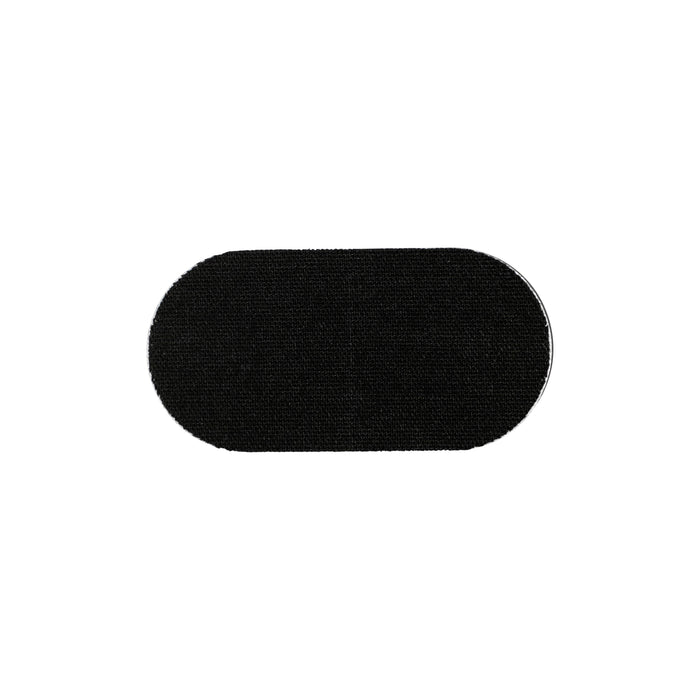

Melatonin Misconceptions: Understanding the Problems and Risks of Using Melatonin for Sleep
Melatonin itself isn't bad. In fact, it's a natural hormone generated by your body to help you fall asleep each night. It aids in immune function and impacts your circadian rhythm. The problem is supplementing with melatonin.
We’re all aware melatonin often helps you fall asleep, but not stay asleep. Many people who take melatonin find that they wake up 3-5 hours later unable to fall back asleep. Part of the reason why may be typical over-the-counter (OTC) melatonin doses far exceed what your body produces.
Scientists call these doses “supraphysiological'' because they’re so massively beyond what our body naturally makes and requires. Since melatonin, like most supplements, isn’t FDA regulated, many people are putting a hormone in their body without realizing the risks of doing so. For example, OTC melatonin has been shown to contain as little as 15% of the advertised amount and as much as 400%. Too little or too much melatonin means supplementing can actually have the opposite effect and keep you awake.
Lastly, melatonin also has a number of potential negative effects on the reproductive axis and the hormones involved in these processes. People who rely on melatonin supplements for sleep risk damaging adrenal output. Routine melatonin supplementation can also cause dependency and eventually affect your body's natural production of the hormone.
Knocked exists to make sleep support information like the above accessible to the everyday person. You shouldn't need to be a scientist to understand how to get a good night's sleep without relying on over-the-counter melatonin products. We believe everyone deserves a good night's rest. Because when you sleep well, you move through life as the healthiest, happiest version of yourself.
